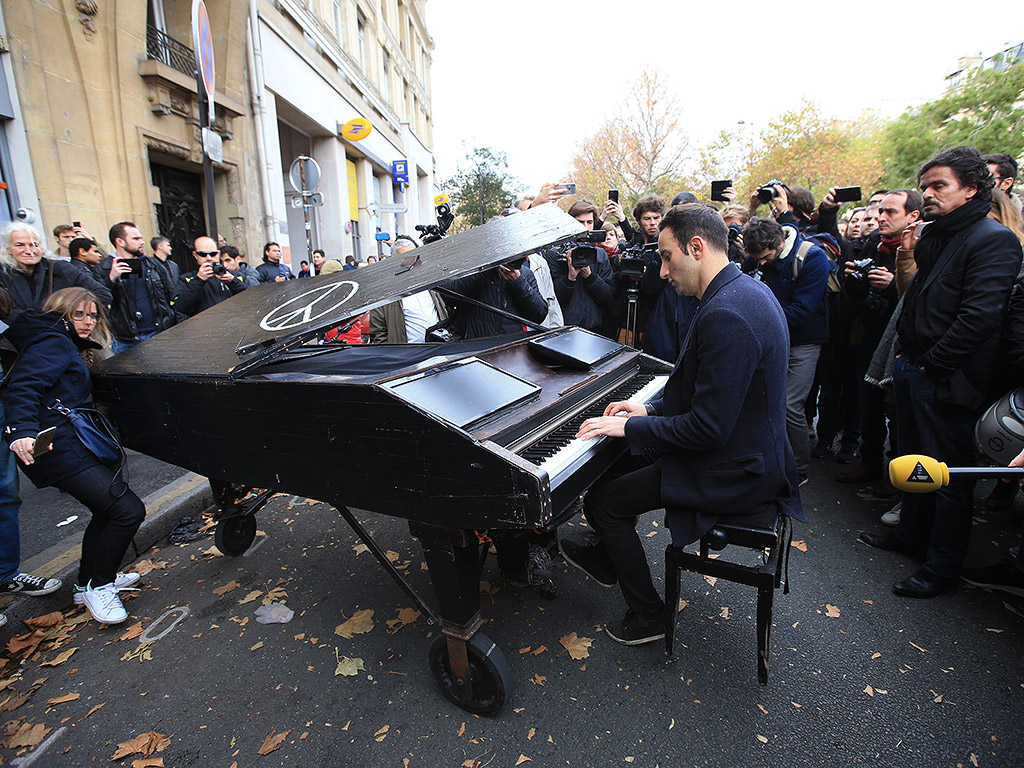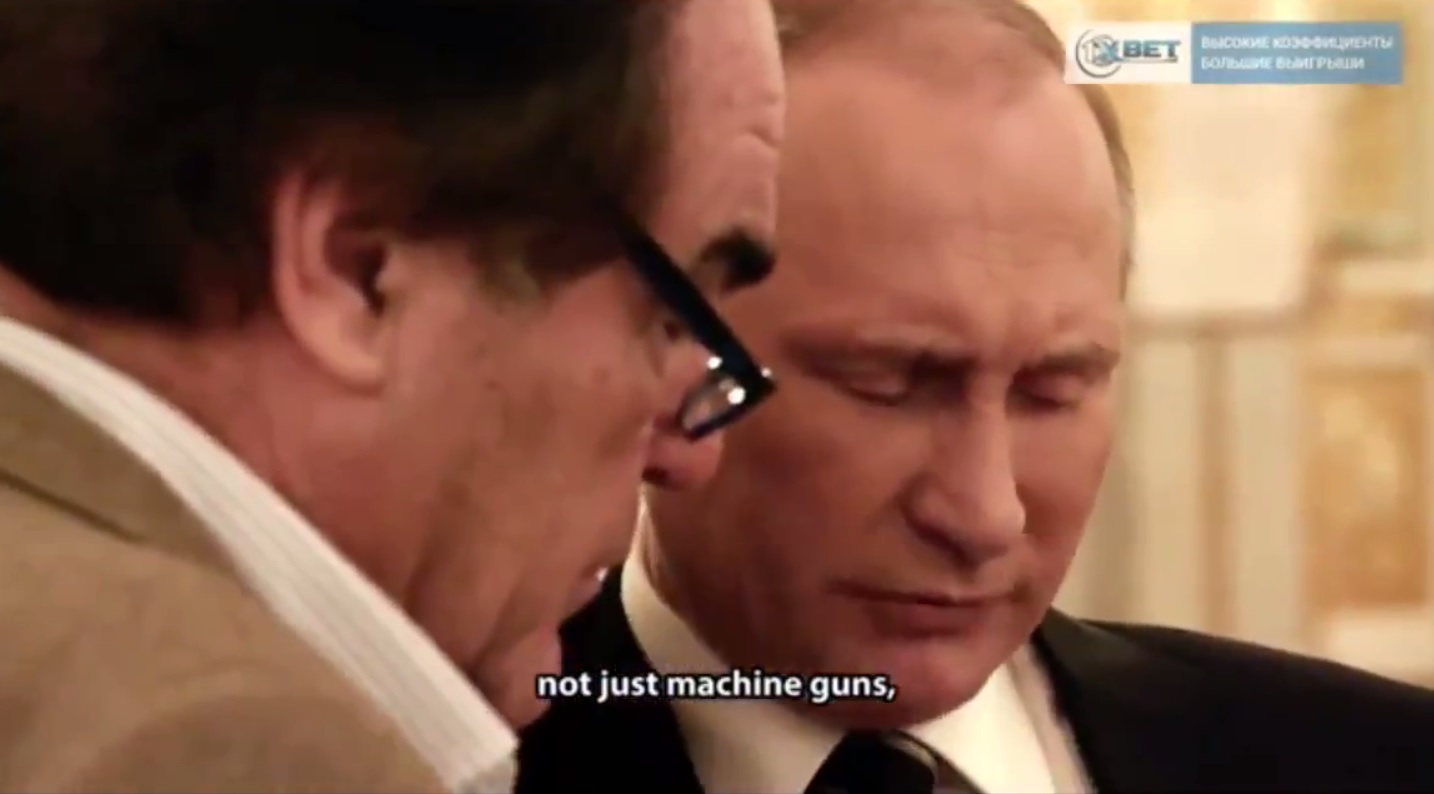Many writers seek to place all the blame for Russia’s current state on the Soviet system and the inability of either its leaders or the population to escape from its poisonous and insidious influence, but in fact, Irina Birna says, today’s problems are a reflection of a much older problem: Russia was and remains “a prison house of nations.”
In an essay on the Kasparov.ru portal, the Moscow commentator argues that there is no question that “the Russian people is sick,” but she notes that far too many people are inclined to blame the Soviet past for all the problems of the present. In fact, the roots of today’s disasters extend much deeper into the past.
Those who limit their vision to the Soviet past as a source of problems cannot explain, Birna says, “the centuries-old infantilism of the Russian people” or the descriptions in Dostoyevsky and other 19th century writers – like the notion that Russians are “God’s chosen people” that so resonate in Russia today.
And they cannot explain why it was not just in the Soviet period that the great leaders of Russia were “mass murders and maniacs.” Some retreat into references to “the mysteries of the Russian soul” but that doesn't get anyone very far. And such an approach is especially unjustified given that the answer to the question is obvious.
This formula is as people like to say “’all powerful because it is true.’” It provides answers to all historical questions and allows people to “explain the present and predict the future.”
“From it logically flows the foreign and domestic wars, state terrorism, state doping of athletes, football fanatics, universal poverty, scientific-technical backwardness, the lack of sewage lines and the ‘culture’” the supporters of the regime offer to those who must exist inside this prison.
She continues:
“The prisoners know they face life terms, they were born prisoners and when the time comes, their imprisoned children will carry them off to the prison cemetery. And the time between birth and the cemetery – you wouldn't call it life – must be lived through so as to push the last event off as far as possible.”
Such prisoners do not talk about liberation; they talk about surviving their terms, Birna says. They know they can do that best by being more loyal and obedient to their jailers than to their fellow prisoners. And they adapt because “as is well known, a man is not a pig; he can get used to anything.”
That is how the Russian people has become accustomed to its everyday existence in the prison house that is Russia. It is “so adapted to it that it doesn't know life beyond the walls of the prison and more than that doesn't believe in it. And if they did break out into freedom, the prisoners are certain that they would fall into another prison.”
Perhaps the cells would be larger and better lit, with toilets and not slop-pails, and there would be more to buy at the prison store; but they are sure it would be a prison because they cannot comprehend anything else – and won’t until many things change, Birna argues.
In this, she says, Russians are very different from at least some Ukrainians. Birna relates the story of Vladimir Goncharovsky, who went to the Maidan because he “suddenly understood that he was born a slave but [had decided] that his children would not be slaves.” In short, he’d had enough.
“It showed the Russian people what a people could achieve who, at a certain moment, ceased to believe the stories about its ‘exceptional nature,’ its ‘patience,’ its ‘common history,’ its ‘healthy roots,’ and took its fate in its own hands.”
“The Ukrainian people began the Maidan; the Ukrainian people was prepared to die at the Maidan. All the opposition [figures] came to the Maidan later… [and then] attempted to find compromises and points of agreement with ‘the legitimately elected’ criminal president. All the opposition sought to avoid bloodshed. But the people walked directly into sniper fire.”
This is “the lesson which the ‘younger brother’ brought to the ‘older one’ and then united the Russian people around the Kremlin criminals even more tightly. United them because it couldn't have been otherwise,” unless they were prepared to follow with “a Moscow Maidan,” something the Russians weren't.
No Russian Goncharovsky has yet been born; the Russian Vladimir Goncharovsky would have purchased some vodka and not a ticket to Moscow.” And he would believe all the Kremlin’s lies about “the Kyiv fascists, operating ‘on State Department money, with CIA help and the direct interference of Europe.’”
That is the only message an imprisoned people could accept, Birna suggests, noting in conclusion that “a people becomes free not when the last slave dies but when the first free man is born.”
Related:
- Ukrainian conflict is between 'heirs of Kyivan Rus' and 'heirs of Golden Horde'
- Russian journalist Valeriy Solovey: What Russians don't like about Ukrainians
- Why there are Muslim crescents on Orthodox crosses in Moscow but not in Kyiv
- From federation to empire: how Putin paved the way to Crimea land grab
- For Russians, Ukraine is a South Korea to Russia's North, Zhordan says
- Lilia Shevtsova: Russia today "only capable of fake militarisation"
- Tatar historian: 'Russians are no more European than are the Tatars'
- Putin's Russia well on its way to 'criminal neo-totalitarianism' with a 'neo-terror' and a 'neo-GULAG,' Pastukhov says
- Seven reasons why Putin's war in Ukraine is a turning point in Russian and world history





